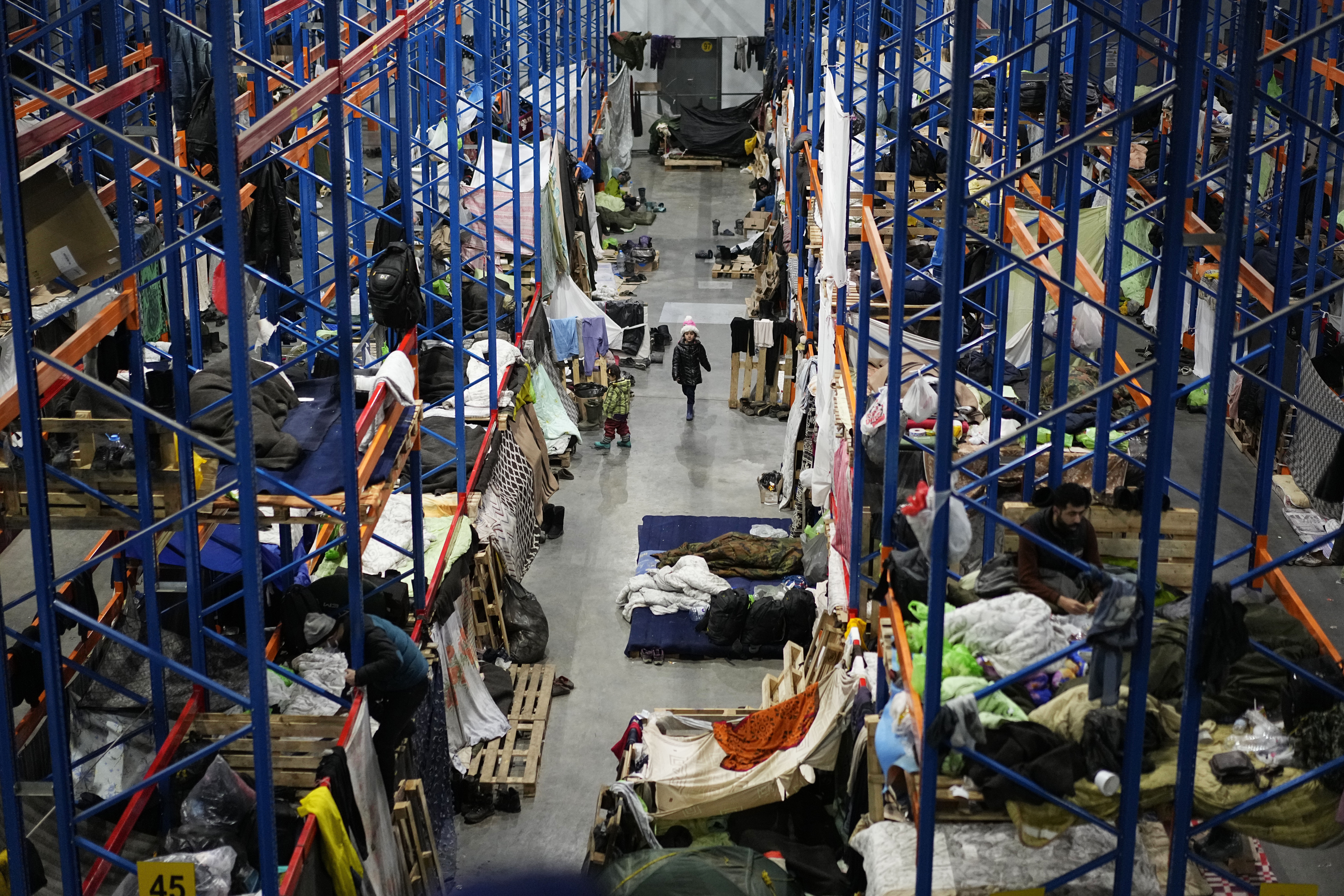In line with a new EU directive, Poland will be required to provide social benefits and living conditions for migrants equivalent to those in Germany. According to the EU asylum directive of May 14, 2024, illegal migrants will be entitled to taxpayer-funded social benefits across all EU member states. This includes high-standard free housing, social benefits, comprehensive free healthcare, and access to the labor market for African and Arab migrants.
Jacek Saryusz-Wolski, a politician from the Law and Justice (PiS) party, noted in an interview with wPolityce.pl that the directive’s intent is to ensure equal benefits for migrants in all EU countries.
In Germany, this amounts to approximately €500 to €600, “including food, housing, and family reunification. A family of four in Poland could receive around 10,000 zlotys (€2,300), which is substantially higher than the average Polish unemployment benefit of approximately 1,600 zlotys (€370) for six months,” said Saryusz-Wolski. He emphasized that this new policy would be funded by Polish taxpayers, as no EU funds are allocated for this purpose.
Paweł Lisicki, editor-in-chief of conservative Do Rzeczy weekly magazine, criticized the directive in an interview with WNET radio, calling it absurd and attributing it to the prevailing immigration ideology within the EU establishment. He highlighted the recent €200 million fine imposed on Hungary by the EU Court of Justice (ECJ) for not amending its immigration laws. Lisicki expressed concerns that under Donald Tusk’s left-liberal rule, Poland might fully comply with these EU regulations, despite significant public opposition.
Lisicki also pointed out that the media might portray this compliance as a success and an alignment with the European vanguard. He recalled the 2014 decision by the Civic Platform (PO) government to allow mass migration into Poland, breaking previous agreements within the Visegrád Group, the alliance between Poland, Hungary, Slovakia and Czechia. Given the current EU pressures, he doubts the PO government would resist these directives, potentially blaming predecessors or framing it as beneficial for Poland.






